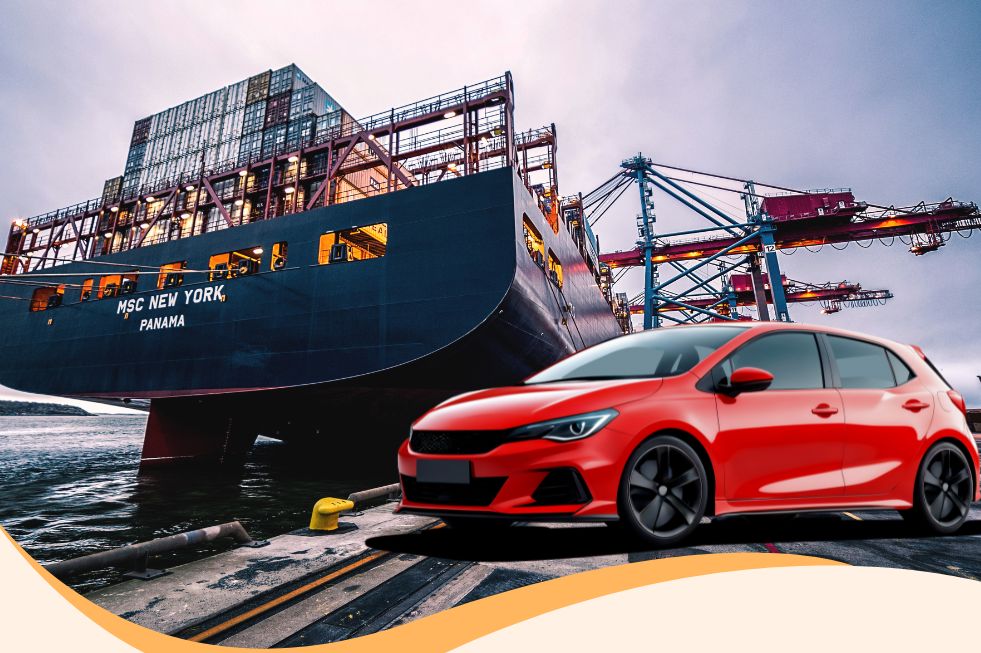The Major Hurdle for Vehicle Exporters to Australia
Exporting vehicles to Australia is not just about shipping; it also requires strict compliance with Biosecurity laws. Australia is determined to protect its unique ecosystem from foreign pests and organisms. Neglecting this crucial step can lead to import rejection, heavy fines, or unexpected cleaning costs.
The answer to this challenge is The Motor Vehicle Inspection Program (MVIP), an essential and indispensable step.
What is MVIP and Why is it Critical for Export?
MVIP is the mandatory vehicle inspection program set by the Australian Department of Agriculture. It ensures that every vehicle entering the country is free from Biosecurity risks, specifically because:
● Risk After Leaving the Factory: New vehicles carry a high risk of contamination while they are staged, awaiting loading onto a vessel.
● Preventing Biosecurity Contamination: The program focuses on detecting hard-to-see contaminants, such as seeds, soil, insects, snails, and various waste materials.
SGT Service (Thailand) Co., Ltd. is an officially certified provider authorized to perform inspections in compliance with MVIP requirements.
The Detailed MVIP Inspection Process (What You Must Know Before Export)
Our certified inspection team conducts a thorough, systematic inspection to ensure your export vehicles meet all standards completely:
1. Inspection of the Chassis and Undercarriage (Critical Contamination Points)
This focuses on areas most susceptible to contamination:
● Chassis and Wheels: We inspect tire grooves, wheel rims, and all crevices beneath the vehicle for unseen soil, mud, or insect nests.
● Exterior Crevices: Inspection includes the grille, bumpers, and other exterior body sections.
2. Inspection of the Interior and Engine Bay
Even seemingly clean areas can pose a risk:
● Engine Bay: Checked for foreign debris or pest nests.
● Cabin Interior: Inspected under mats, seats, and storage compartments to search for biosecurity contaminants, such as seeds.
● Supported Vehicle Types: We can inspect all types, including personal vehicles (sedans, SUVs), passenger vans, and light commercial trucks.
3. Certification Issuance
Once a vehicle passes the inspection according to the Australian Department of Agriculture requirements, our team will issue the necessary certification documents. This confirms that the vehicle is ready for importation into Australia correctly and legally.
An expert MVIP inspection is a crucial step to ensure your vehicle export is smooth and successful.
Contact us to consult or schedule your MVIP inspection service today.






 Tel. :
Tel. :  Fax. :
Fax. :  Email :
Email :